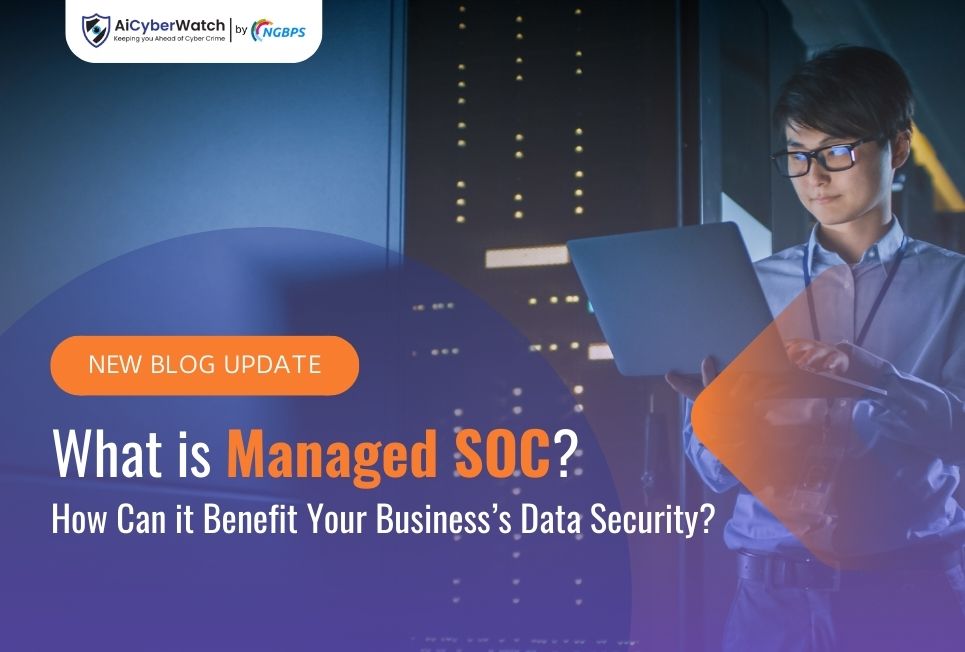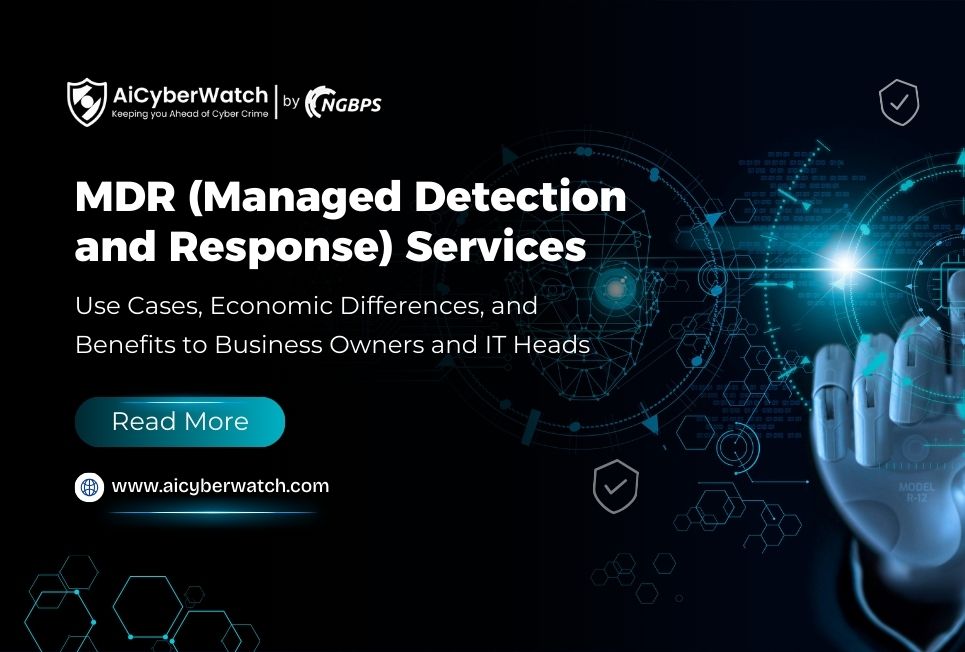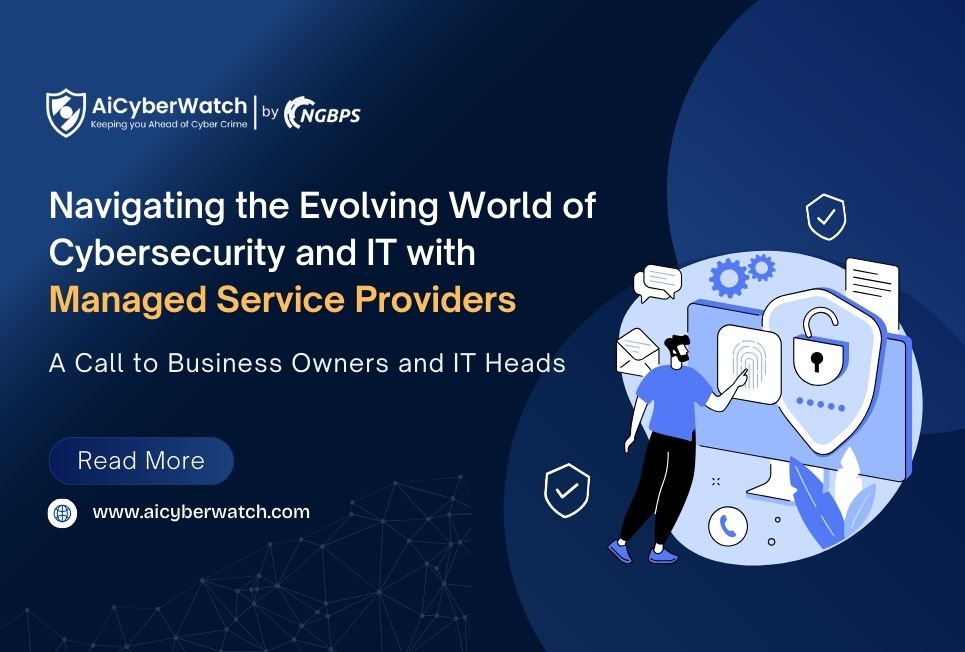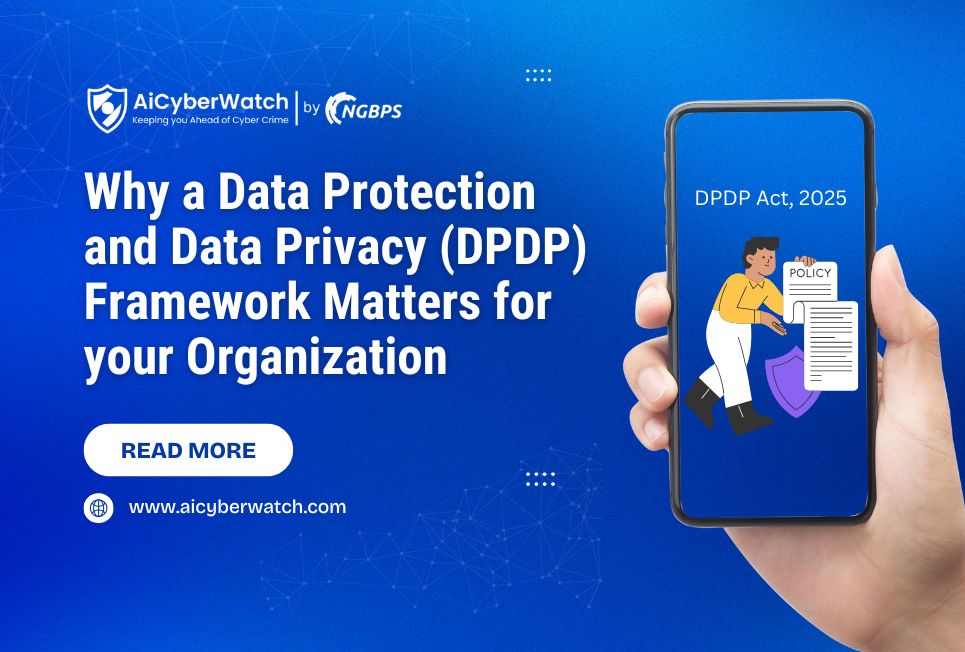What is Managed SOC (Security Operation Center)
According to the SANS Institute:
“A SOC is a combination of people, processes, and technology protecting the information systems of an organization through; proactive design and configuration, ongoing monitoring of system state, detection of unintended actions or undesirable state, and minimizing damage from unwanted effects.”
SOCs typically utilize security information and event management (SIEM) systems and intrusion detection and prevention systems (IDPS) to monitor and respond to incidents.
You will notice that this definition is contrary to the popular belief that a Security Operations Center (SOC) is merely a command-and-control centre for monitoring the security of an organization’s IT infrastructure. In effect it’s a synthesis of operations, technologies, and best practices that work in conjunction to form a comprehensive cybersecurity strategy.
This blog will delve into the core functionalities, benefits, and the pivotal role a Managed SOC plays in fortifying organizations against the relentless tide of cyber adversaries. Join us on a journey to unravel the essence of Managed SOC services and how they stand as guardians of digital resilience.
How SOC Can Benefit Your Business Security?
Cyberattacks are becoming more sophisticated, and the consequences of a security breach can be devastating. In this environment, organizations are increasingly turning to Managed Security Operations Centers (SOCs) as a proactive and strategic solution to enhance their cybersecurity posture. In this comprehensive exploration, we will delve into the many ways a Managed SOC can help secure your business.
The National Institute of Standards and Technology’s (NIST) Cybersecurity Framework (CSF) outlines the five elements of an organization’s cybersecurity strategy. These five elements include identification, protection, detection, response, and recovery.
Proactive Threat Detection and Response:
One of the primary advantages of a Managed SOC is its proactive approach to threat detection and response. Traditional security measures often rely on reactive strategies, responding to incidents after they have occurred. Managed SOCs, on the other hand, leverage real-time monitoring, threat intelligence and advanced analytics to detect potential threats before they escalate. This proactive stance enables organizations to identify and neutralize threats swiftly, minimizing the impact of cyberattacks.
24/7 Security Monitoring:
Cyber threats don’t adhere to a 9-to-5 schedule, and neither do Managed SOCs. These centers operate 24/7, providing continuous monitoring of an organization’s digital environment. This round-the-clock vigilance ensures that any suspicious activities or potential security incidents are identified and addressed promptly, irrespective of the time of day.
Advanced Threat Intelligence:
Managed SOCs leverage advanced threat intelligence to stay ahead of evolving cyber threats. They collect, analyze, and integrate data from various sources, including global threat feeds, industry-specific intelligence, and the organization’s own network. This wealth of information allows security analysts to understand the tactics, techniques, and procedures employed by threat actors, enhancing the overall resilience of the organization.
Enhanced Incident Response Capabilities:
In the unfortunate event of a security incident, a Managed SOC is equipped with advanced incident response capabilities. Security analysts are well-trained to handle a wide range of cybersecurity incidents, from malware attacks to advanced persistent threats (APTs). Their swift response helps mitigate the impact of incidents, minimize downtime, and protect the organization’s reputation.
Tailored Security Policies and Procedures:
Managed SOCs understand that every business is unique, and as such, they tailor security policies and procedures to align with the specific needs and risks of each organization. This customization ensures that security measures are not only effective but also aligned with the business objectives, allowing for a seamless integration of security into the overall corporate strategy.
Regulatory Compliance:
With the increasing stringency of data protection regulations, compliance has become a critical aspect of cybersecurity. Managed SOCs are well-versed in regulatory requirements and assist organizations in achieving and maintaining compliance. Whether it’s GDPR, HIPAA, or industry-specific regulations, a Managed SOC ensures that security practices align with the necessary legal and regulatory frameworks and have use cases developed of each of the requirements.
Scalability and Flexibility:
As businesses grow or experience fluctuations in their operations, the need for scalable and flexible cybersecurity solutions becomes crucial. Managed SOCs offer a scalable model that can adapt to the changing needs of an organization. Whether expanding operations, incorporating new technologies, or facing a sudden surge in cyber threats, a Managed SOC provides the flexibility to scale security measures accordingly.
Cost-Effective Security Operations:
Maintaining an in-house security operations center can be prohibitively expensive for many organizations. The cost of hiring skilled security analysts, investing in advanced technologies, and providing continuous training can strain budgets. Managed SOCs offer a cost-effective alternative by providing access to a team of experienced professionals and cutting-edge technologies without the overhead costs associated with an internal security team.
Rapid Incident Containment:
In the event of a security incident, containment is critical to prevent further damage. Managed SOCs excel in rapid incident containment, isolating affected systems and preventing the lateral movement of threats within the network. This quick response minimizes the impact of incidents, reducing the overall damage and downtime associated with cyberattacks.
Continuous Monitoring of Emerging Threats:
Cyber threats are constantly evolving, and new attack vectors emerge regularly. Managed SOCs stay ahead of the curve by continuously monitoring and analyzing emerging threats. This proactive approach allows organizations to adapt their security measures in response to the latest tactics and techniques employed by cybercriminals.
Skill Augmentation:
For many organizations, attracting and retaining skilled cybersecurity professionals is a significant challenge. Managed SOCs bridge this talent gap by providing access to a team of experienced security analysts. This skill augmentation ensures that organizations benefit from the expertise of cybersecurity professionals without the challenges of recruitment and retention.
Focus on Core Business Functions:
Outsourcing security operations to a Managed SOC service provider allows organizations to concentrate on their core business functions. By entrusting cybersecurity responsibilities to experts, businesses can redirect their internal resources and attention to strategic initiatives and operational excellence, knowing that their digital assets are in capable hands.
Conclusion
In the realm of cybersecurity, AiCyberWatch’s Managed SOC Services emerge as a formidable ally, ensuring proactive threat detection, 24/7 monitoring, and tailored security for businesses. This comprehensive approach fortifies data security, enhances incident response, and addresses compliance needs.
With AiCyberWatch, businesses can confidently navigate the digital landscape, knowing they have a scalable, cost-effective solution that adapts to evolving cyber threats, safeguarding their digital assets effectively.







 Call Us
Call Us